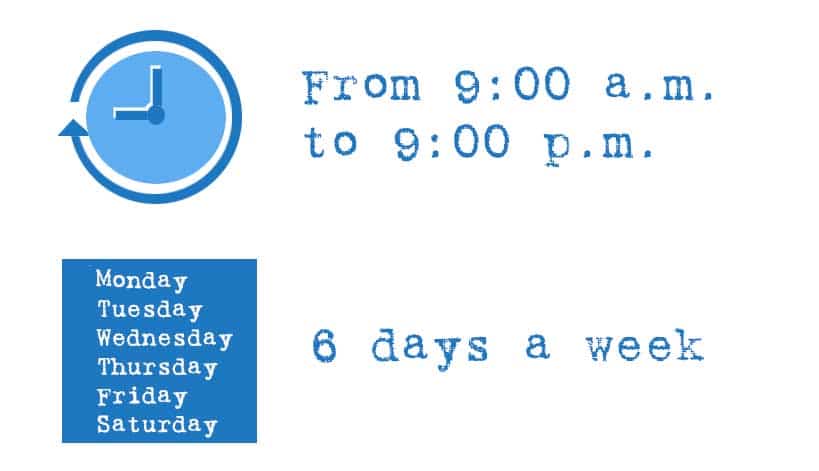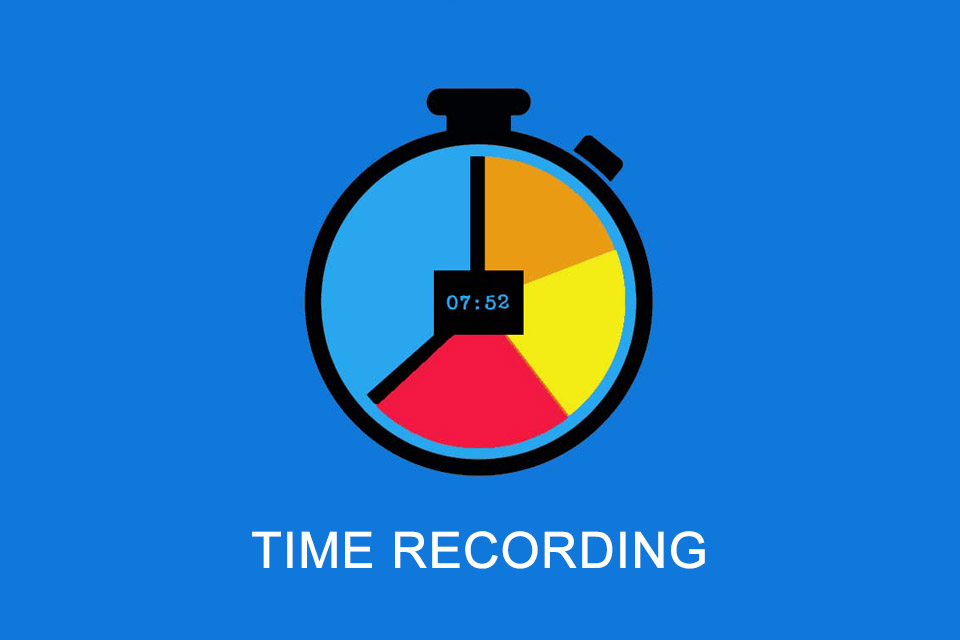What is the 996 System?
Smartpedia: The 996 system describes the working time culture of the Chinese IT industry, according to which people work from 9:00 a.m. to 9:00 a.m. 6 days a week.
996 System – work from nine to nine on 6 weekdays
The 996 system describes the working time culture of the Chinese IT industry, according to which work is carried out from 9.00 a.m. to 9.00 p.m. 6 days a week. 6 working days with 12 hours per day makes 72 hours per week. Although the 40-hour working week also applies in China, and a maximum of 3 hours of overtime per day and 36 hours of overtime per month may be accumulated, this 996 system – also known as the 996 principle, 996 scheme or code 996 – is used in many companies in the IT industry.¹
The background to the 996 system is the idea of competition and the idea of differentiating oneself from the competition. If employees work longer and therefore more, advantages can be achieved for the respective company. The 996 system is therefore not concealed, but is often regarded as the basis for economic success. The dangers of burnout, the concern about bad company valuations by one’s own employees or key figures such as declining efficiency are not seen or feared. And if the system does not result in any advantages within the domestic industry, since competitors also work for a similar length of time, then there is an advantage, at least in an international comparison. True to the motto: More working hours, more performance.
996 System in Germany
In countries like Germany, a 996 system is almost impossible.
- The Working Hours Act – also referred to as the Working Hours Protection Act – defines the maximum duration of work per week as 48 hours. It also regulates how long breaks and rest periods must last.
- The basic rule in Germany is that eleven hours of rest must be observed between the end of work and the start of work.
- The employer is required to protect the employee and ensure that the times are observed. If he violates the Working Hours Act, he commits an administrative offence. The employer is supervised by the trade supervisory board or the authorities for industrial safety.
Of course, there are also many employees in Germany who work more than the maximum 48 hours per week permitted by law. Managers often emerge from this – provided it is an activity for a single company. Even in law – i.e. with lawyers – longer working hours per week are not uncommon. In such situations there is often a feeling of peer pressure. The situation is similar with the 996 system: if everyone does it, you “have to” join in.
Impulse to discuss
How important is a large investment of time – possibly also according to the 996 system – for the success of a novel project or a young venture?
If you like the article or would like to discuss it, please feel free to share it in your network. And if you have any comments, please do not hesitate to send us a message.
[1] In 2019, the 996 system gained worldwide attention when it led to a broad public debate in China. Many employees expressed their displeasure with these extreme working hours, which led to the ‘996.ICU movement’, among other things. The name of this movement alludes to the fact that working in the 996 system can lead to ending up in the intensive care unit (ICU). The movement demanded better working conditions and enforcement of Chinese labour laws, which actually prohibit such long working hours.
Here you can find an article about Breaks: Underestimated power tool or waste of time?
And here you will find additional information from our Smartpedia section:



